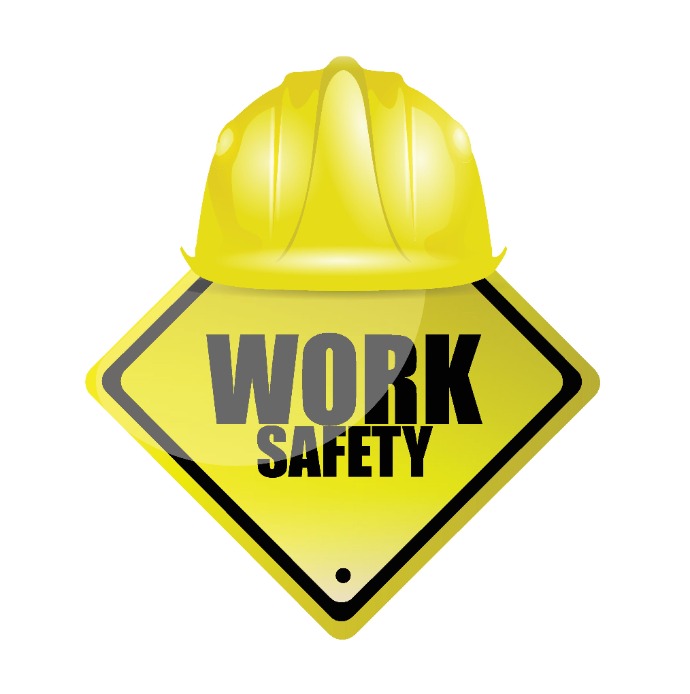
Working with asphalt has a unique set of challenges. Conditions can be hazardous, which means companies must be diligent in training employees and enforcing safety protocols. No matter how experienced a team is, the job site needs to operate with safety as the number one priority.
Any job site has risks, but some particular hazards for asphalt teams include:
To protect asphalt teams from the above dangers, appropriate personal protective equipment (PPE) needs to be worn and proper training of all employees must take place. PPE includes thermally insulated gloves that won’t allow solvents or chemicals to absorb into the skin, coveralls or clothes that cover as much of the body as possible, face shields or safety goggles to protect the eyes or the entire face from splashes or fumes, and a well-fitted respirator with vapor cartridges whenever necessary.
It's also important for employees to understand the setup of the job site. Does the team know where to find a fire extinguisher or an eye wash station in case of an emergency? Site orientations are helpful to ensure your team knows where resources are, how to access them, and what to do if something goes wrong. Management can also up the safety ante if they inform their team on the material safety data sheet, which will inform workers of product ingredients and potential hazards.
Eating and drinking should not be done around the spot that asphalt is being mixed and applied. If it does, someone could ingest asphalt byproducts that are harmful to their health. Instead, designate a break/eating area that is safe for employees. Smoking also should never take place around an asphalt project.
Companies need to train their employees on how to handle asphalt appropriately, but they also need to train them on what to be aware of in case an unsafe situation is presented. They need to know what warning signs to look for in case of inhalation. Go Pave Utah strives to maintain the safest workplace possible for their employees. Any concerns are a welcome discussion, and proper attention is given any safety need.